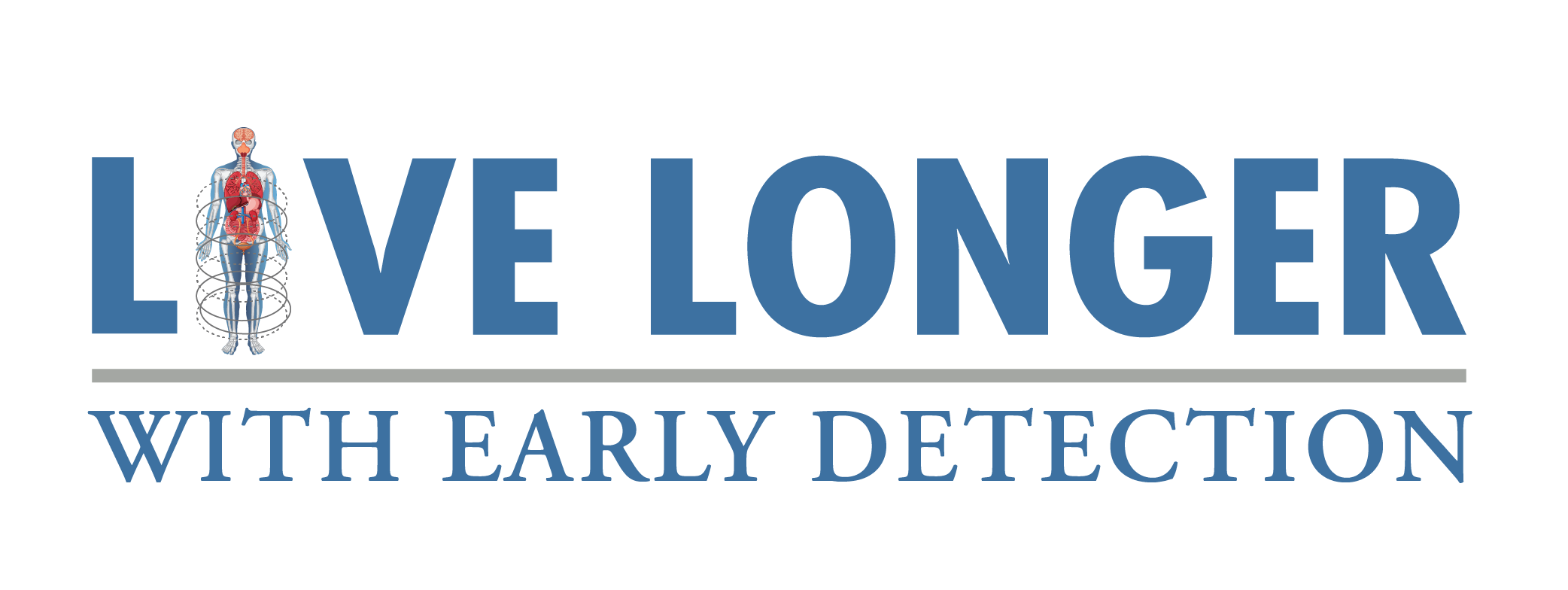Early cancer screening is a vital component of maintaining good health and can be a life-saving practice. By undergoing regular screenings, individuals can detect cancer at its earliest and most treatable stages. This proactive approach not only improves the chances of successful treatment but also reduces the physical, emotional, and financial burdens associated with late-stage cancer diagnoses.
Cancer often develops silently, showing no symptoms until it has progressed significantly. Early screening methods, such as blood tests and imaging, can detect cancer cells or tumors long before symptoms manifest. This early detection allows healthcare professionals to initiate timely treatment, resulting in better outcomes and a higher likelihood of complete recovery.
Moreover, early cancer screening can lead to less aggressive treatment options, reducing the need for extensive surgery, chemotherapy, or radiation therapy. This, in turn, minimizes potential side effects and complications, preserving the overall quality of life for those affected.
In addition to its health benefits, early cancer screening provides peace of mind and empowers individuals to take control of their well-being. It offers the opportunity for individuals to make informed decisions about their health, implement preventive measures, and seek support from healthcare professionals.
In conclusion, early cancer screening is a fundamental step in maintaining good health and preventing cancer-related complications. It is a proactive approach that can save lives, enhance treatment effectiveness, and improve the overall quality of life for those at risk or with a family history of cancer. Regular screenings are a powerful tool in the fight against cancer, ensuring a brighter and healthier future for all.

